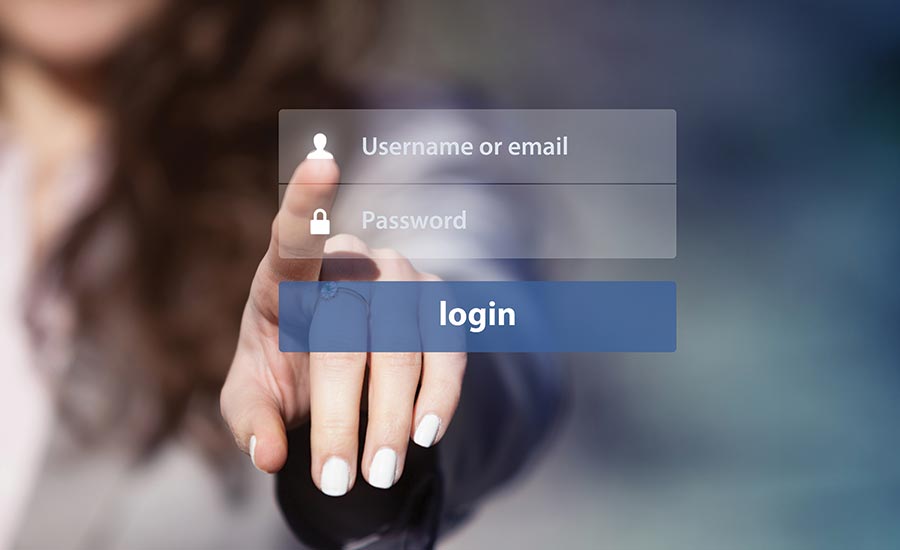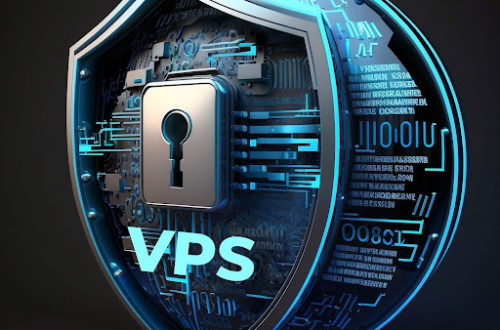As you surf the vast digital waves of the internet, online security is crucial. You may believe that setting a strong password is sufficient for ensuring your online security, but it is surprising to know how often it falls short. Yes, a good password is essential, but it’s just one layer of the complex system that safeguards your virtual presence. Think of it as the door lock of a home security system – a crucial component, but not the only one required for complete security.
Understanding the Basics
In order to construct a fortress, it is essential to comprehend the valuables you are safeguarding and the potential threats you face. When addressing digital security, passwords have traditionally served as the frontline defense. You’re familiar with it – a combination of capital and lowercase letters, numbers, symbols, alongside personal details like your pet’s name or childhood street. However, a significant drawback arises: Passwords are susceptible to hacking, guessing, and even phishing attempts.
What you need is a layered security system. Imagine a castle. It doesn’t just have a door with a lock. It has a moat, high walls, guards, a drawbridge – multiple layers of protection. That’s what we’re aiming for in digital security.
Advanced Authentication Techniques
It’s time to upgrade your castle’s defenses. Beyond the basic password, there are several ways to fortify your online presence.
- Two-Factor Authentication (2FA): Imagine a sentry at the castle gate, checking if the visitor knows the secret password and asking for a special signet ring. Two-factor authentication works similarly. After entering your password (factor one), you’ll have to provide a second proof of your identity (factor two), like a unique code sent to your phone.
- Multi-Factor Authentication (MFA): This is just adding more sentries or more layers of identity checks. The more layers there are the more difficult it is for an intruder to breach.
- Biometric Authentication Systems: What’s more unique than your fingerprint or your iris pattern? Biometric systems use your unique physical or behavioral characteristics to verify your identity. It’s like the castle sentry recognizing the prince by face – only way more advanced and less likely to be fooled.
Encryption and Secure Connections
If your online data were a letter, encryption would be the seal on it that ensures only the intended recipient can read it. The process of coding information can prevent it from being read by unauthorized parties.
Secure Sockets Layer (SSL) and Transport Layer Security (TLS) are the absolute kings of encryption when it comes to the internet. They set up a secure, encrypted link between a web server (where website data is stored) and a web browser (which is used to access a website).
You’ve probably heard about virtual private networks (VPNs) as well. A VPN creates a private path for your data to travel through the internet, protecting it from unwanted attention.
Firewalls: The First Line of Defense
In the world of online security, firewalls serve as the high castle walls protecting against invading forces. The pros at Hillstone Networks (website) explain that firewalls control and monitor the data entering and leaving your network, ensuring nothing malicious gets in, and no sensitive information gets out without your permission. Like different walls for different castles, there are different types of firewalls, each with its strengths and uses. Configuring them correctly can significantly boost your defense.
Conclusion
The digital realm is as exciting as it is dangerous. In this landscape, a robust defense system is paramount. Passwords are just the beginning. Your online security is in your hands so it makes sense to fortify it. v




